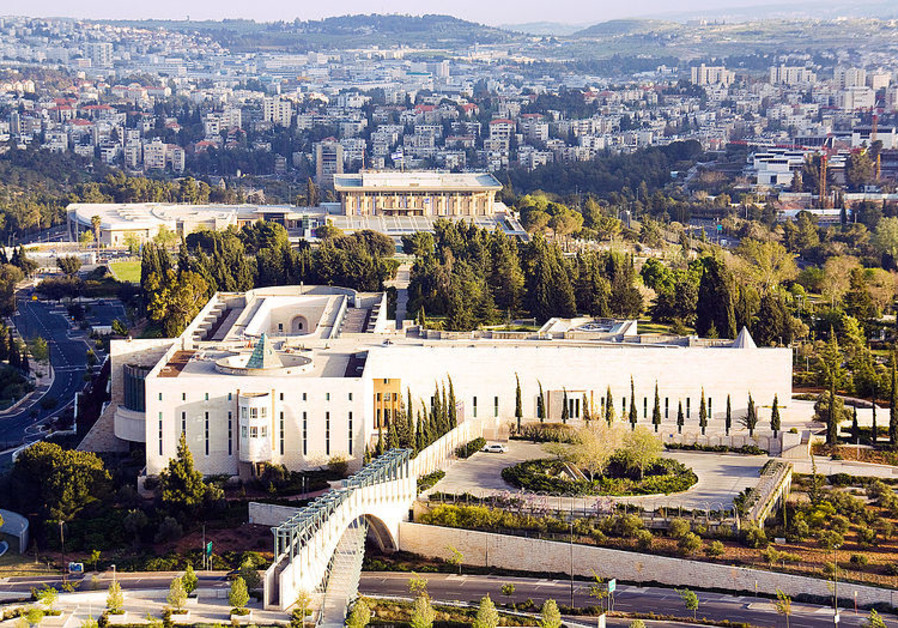In ‘annexation’ push, Knesset limits Palestinian access to High Court

Israel’s High Court of Justice. (photo credit: ISRAELTOURISM / WIKIMEDIA COMMONS)
In its latest push for de-facto annexation the Knesset approved a new law that would limit Palestinian access to the High Court of Justice and expand the jurisdiction of the Administrative Court beyond sovereign Israel.
It marks a 51-year change in the way West Bank land cases will be handled by the Israeli court system.
The right-wing politicians hailed the law’s passage in a 56-48 vote as a victory toward granting Jewish residents of Judea and Samaria equitable rights to those within sovereign Israel.
They also said it was an important step toward placing West Bank land cases in a more favorable judicial venue.
Left-wing politicians have charged that the bill is one more step toward de-facto annexation that deprives Palestinians in Area C of judicial rights to battle to prove land ownership.
“Fifty years after the liberation of Judea and Samaria, the Knesset approve a law that will normalize the lives of the residents there,” said Justice Minister Ayelet Shaked who championed the legislation.
“The Knesset today has made an important statement – the residents of Judea and Samaria are indistinguishable from other Israeli citizens,” Shaked said.
“Hebron, Ranana, Elon Moreh and Kiryat Araba are all inseparable parts of the Land of Israel,” Shaked said.
Yesh Atid MK Yael German charged that “this legislation is essentially another law that attempts to annex Judea and Samaria.”
MK Dov Khenin (Joint List) said, “this law is part of a dangerous revolution that is tryings to erase the Green Line.”
“It is contrary to international law, which holds that the state is forbidden to legislate in occupied territories outside its borders,” Khenin said.
MK Yousef Jabareen (Joint List) said that the government had “paved the way to steal Palestinian land” and had created the “basis for an apartheid regime.”
The law was designed to lessen the impact of Palestinian and Left-wing NGO appeals to the High Court of Justice against illegal and planned settler building.
Court rulings against illegal settler building have led to high level demolitions such as the evacuation of the Amona and Migron outposts and the razing of homes in the Ulpana and Netiv Ha’avot outposts.
It transfers many of these cases to the lower level Administrative Courts, that also deals with land cases within sovereign Israel.
These courts have a wider purview to investigate ownership claims than the High Court of Justice, which solely looks at the more narrow question of whether the Civil Administration followed proper procedure.
Shaked said that the law “ends today the party by which extreme left-wing organizations submitted petitions to the High Court of Justice against the settlements in Judea and Samaria.
“The lust to destruct will be curbed, settlement development will continue,” Shaked said.
“From now on those cases will now have to go through the same legal hurdles as those that Israeli citizens undergo,” Shaked said.
Until now, Shaked said, Jewish residents of Judea and Samaria were fast tracked to the High Court without the opportunity to go through the administrative courts and were therefore denied the right of appeal.
The new legislation will also reduce the burden on the High Court of Justice which now hears about 10,000 cases annually.
The law also transfers other issues with regard to Civil Administration rule in the West Bank including West Bank visa issues and freedom of information requests.






Comments are closed.